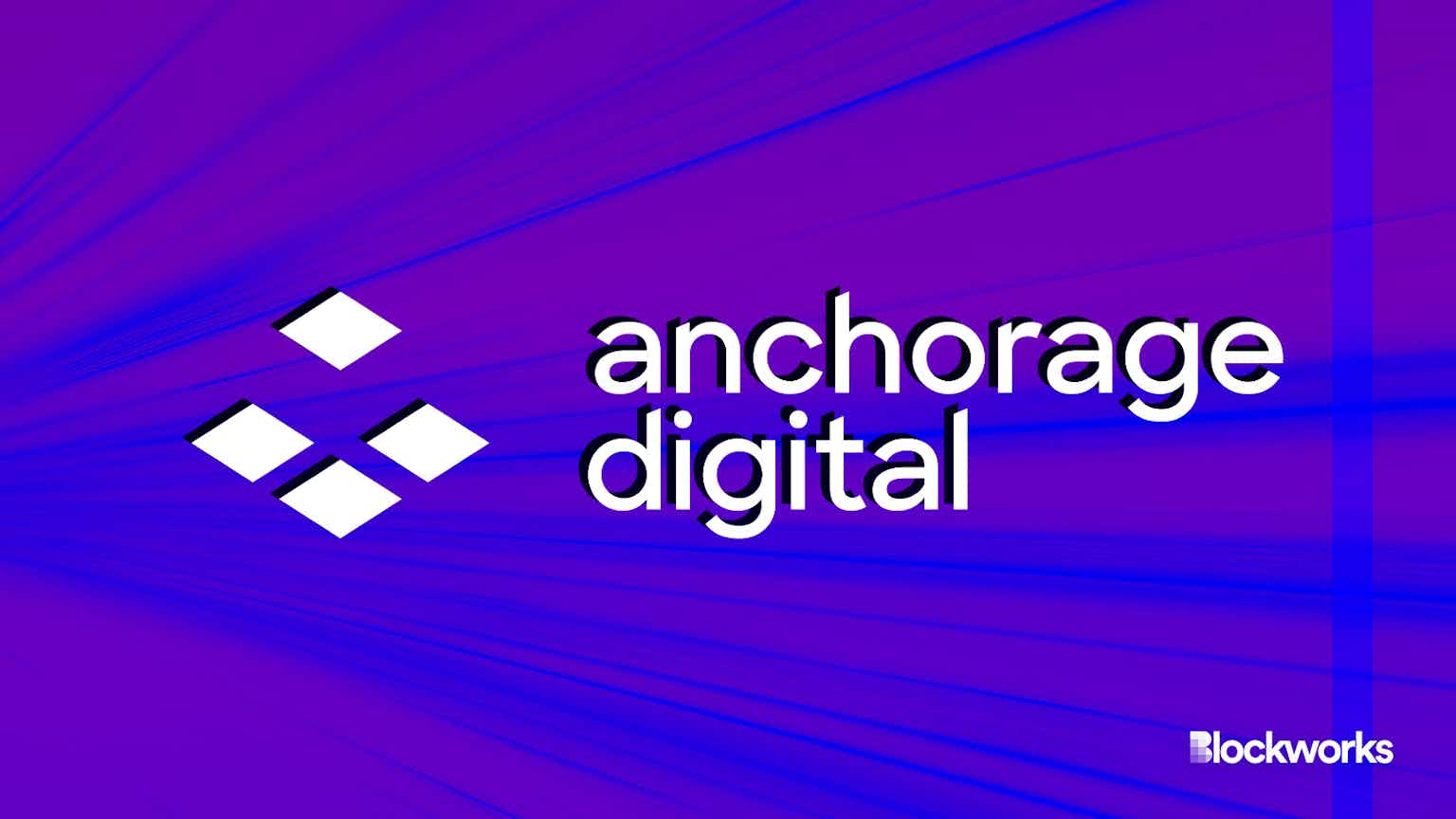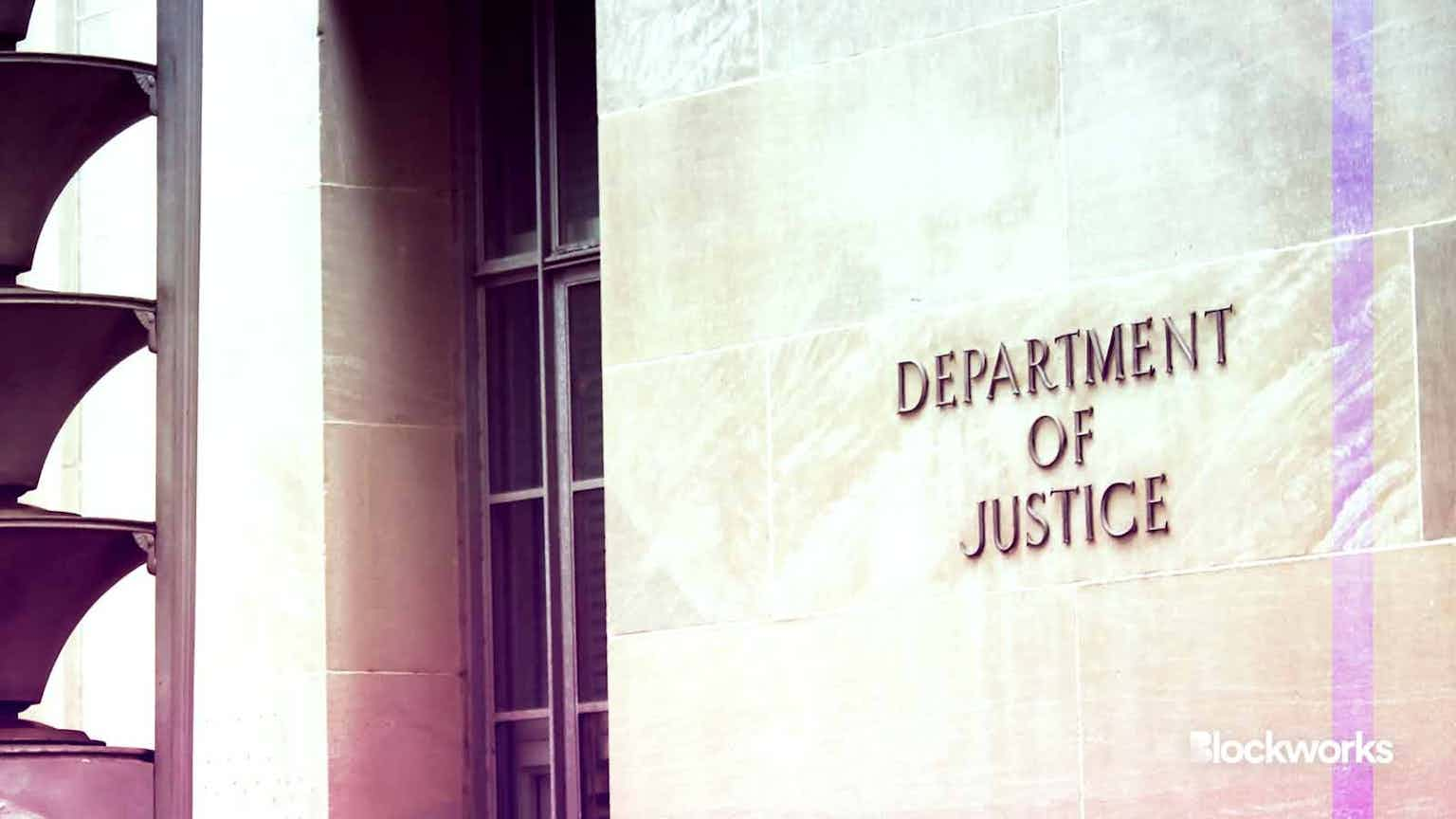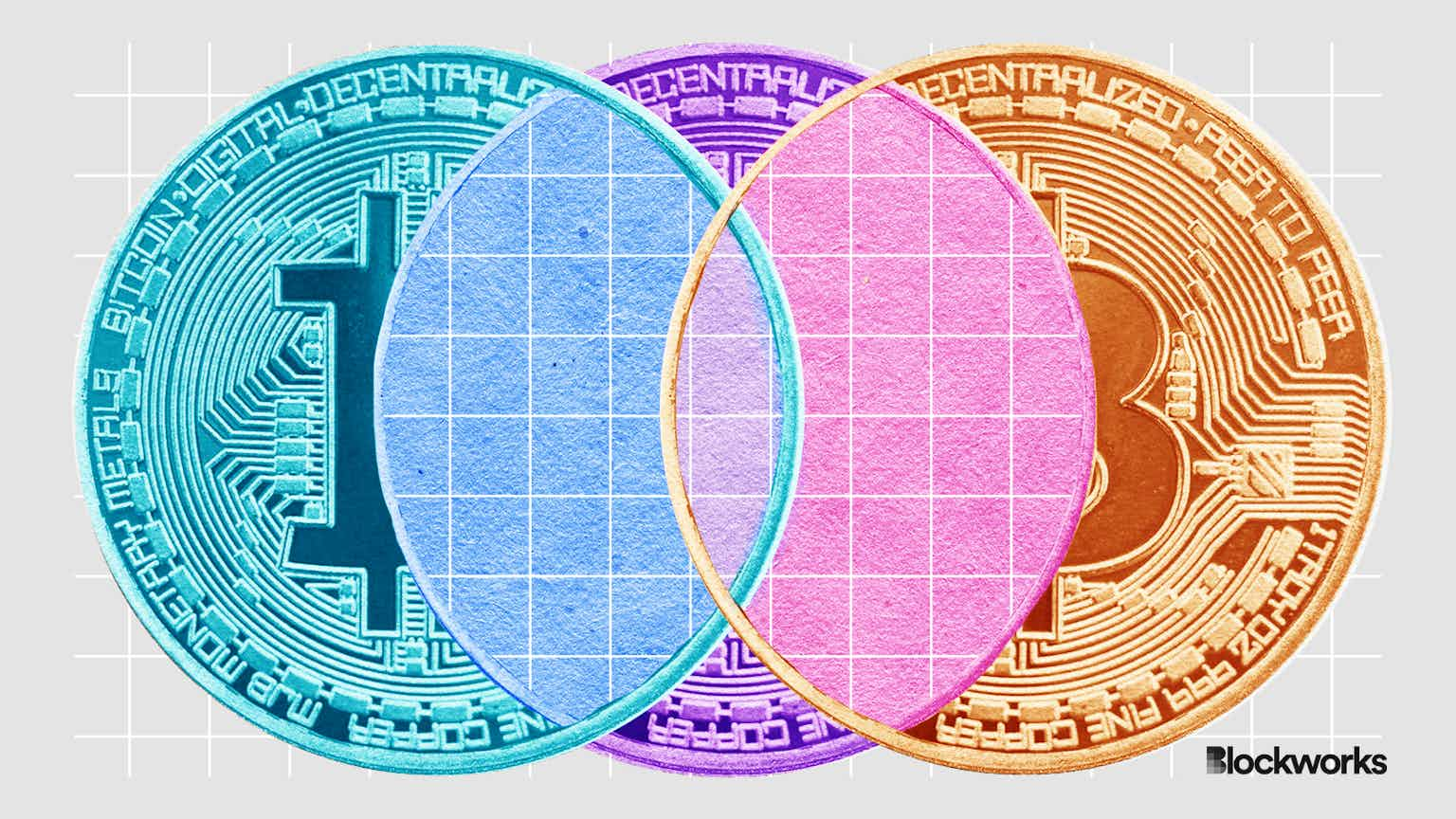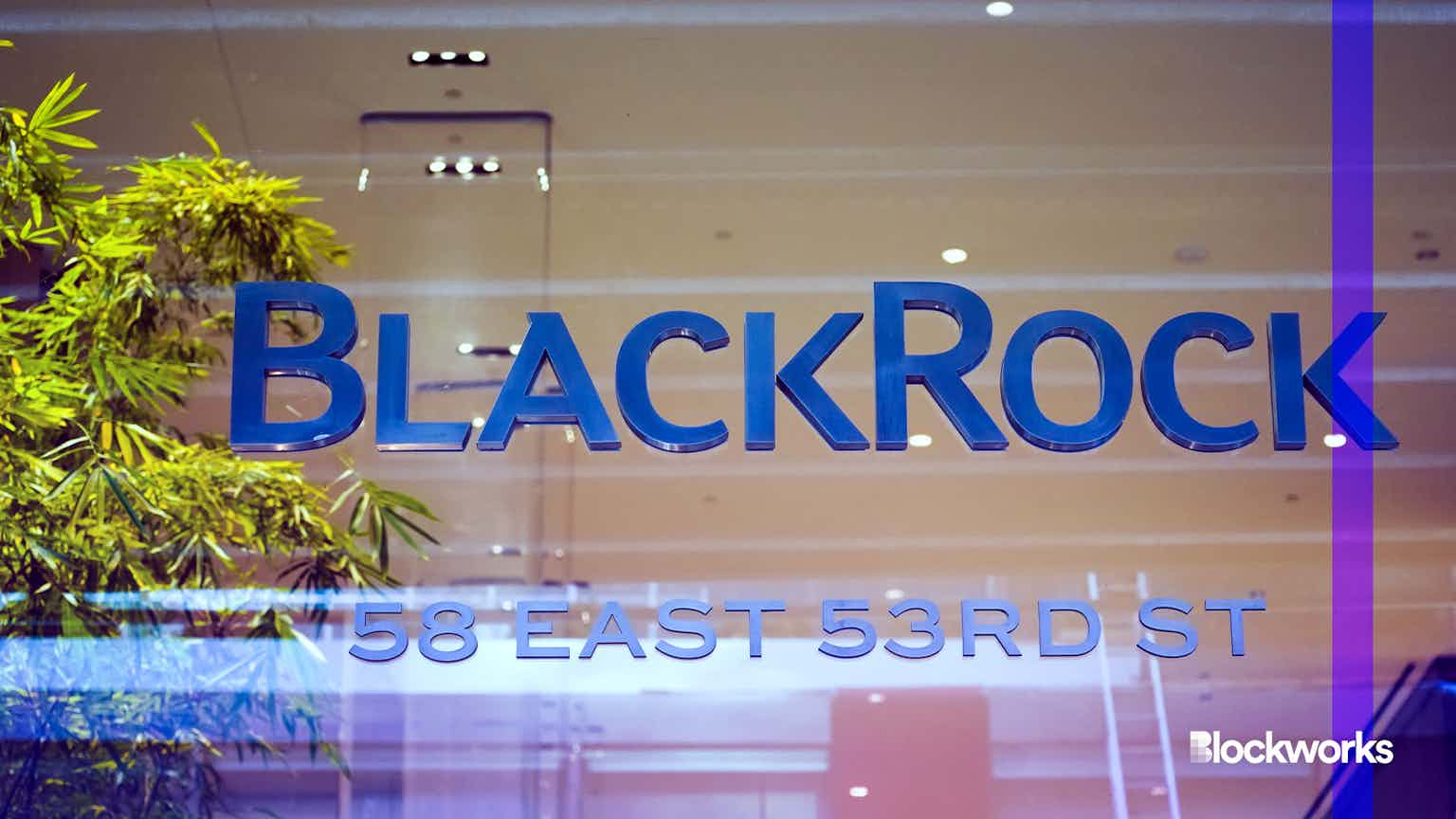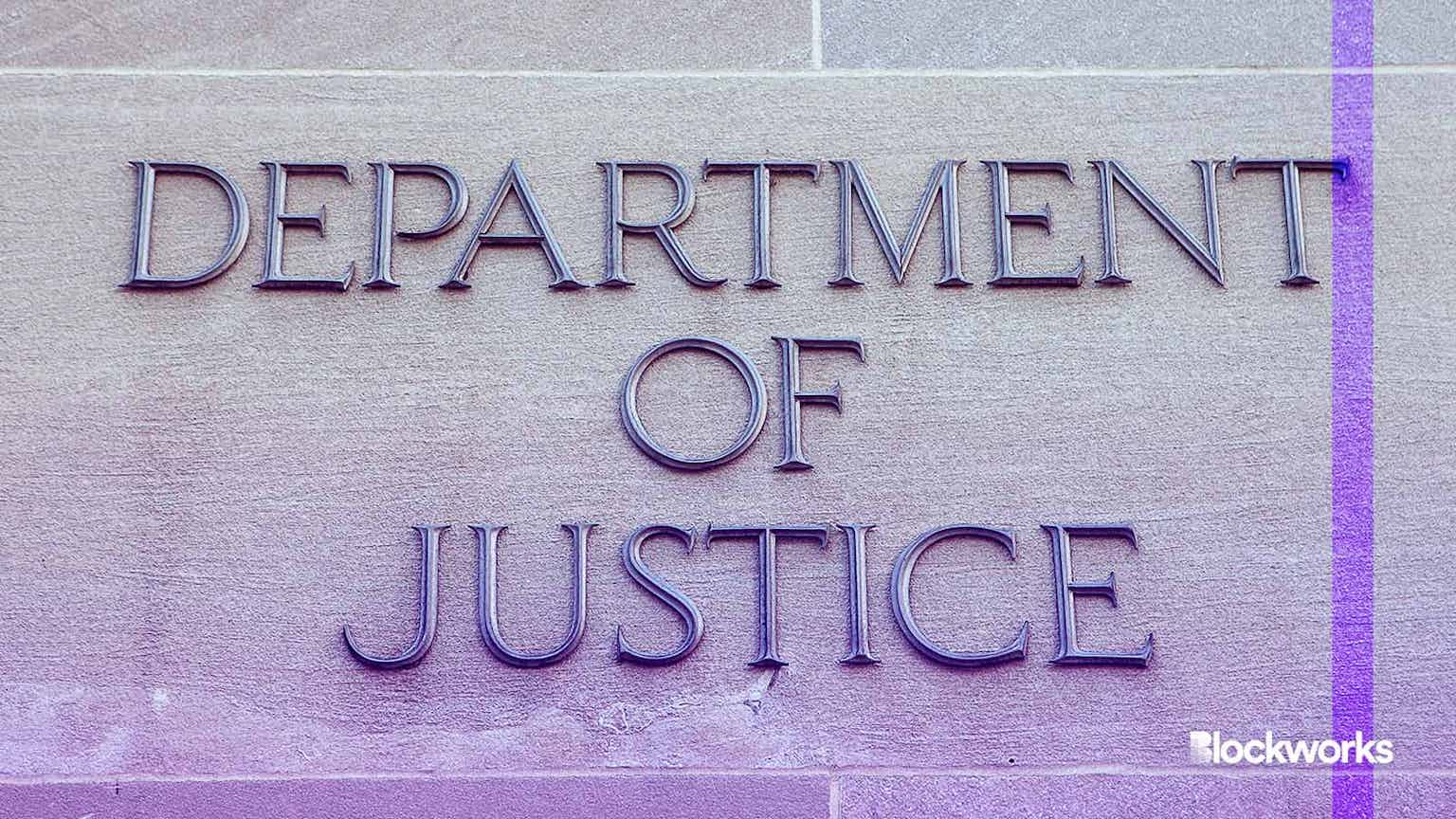Why BNY Mellon’s Bitcoin Blessing Could Draw in Larger Asset Managers
BNY Mellon, the world’s largest custodian bank, is taking the leap into digital assets, opening the door to bitcoin for large pools of institutional capital with high fiduciary standards. On Thursday the $41 trillion-asset bank said it will soon be able […]
key takeaways
- BNY Mellon is a qualified custodian, which will allow larger pools of institutional capital to invest in digital assets
- JP Morgan, Citi and Goldman Sachs are all in exploratory stages
BNY Mellon, the world’s largest custodian bank, is taking the leap into digital assets, opening the door to bitcoin for large pools of institutional capital with high fiduciary standards.
On Thursday the $41 trillion-asset bank said it will soon be able to store and move (and “issue”) bitcoin and other digital assets for asset managers the same way it handles their other more traditional holdings.
The move from the oldest U.S. bank is symbolic for an industry that has thus far struggled to gain acceptance from regulators and financial institutions. While interest from hedge funds and family offices has been on the rise, pension funds, sovereign wealth funds and endowments have remained on the sidelines.
“Asset managers definitely have a preference for banks as custodians,” said Caitlin Long, CEO of Avanti Bank & Trust. “That’s why the big custody banks of securities, like Bank of New York Mellon, are banks and not trust companies.”
There are plenty of digital asset custody providers today — trust companies like Gemini, Coinbase, BitGo, Bakkt and Paxos who identify as qualified custodians and fiduciaries. But while they may be so under state law, they aren’t federally recognized banks.
For some customers, their custodians don’t have to be traditional banks. But certain asset managers, like registered investment advisors, pension funds and mutual fund complexes, are required by the SEC to hold their assets with “qualified custodians” — which the SEC defines differently than state regulators do. These customers follow that rule as best practice.
“The title of ‘qualified custodian’ gets thrown around a lot,” said Tom Lombardi of digital asset fund manager 3iQ. “The idea that those custody providers are an appropriate custodian for digital assets – that’s not defined.”
If one of them were ever to go bankrupt, “you’d go through a lengthy, messy litigation to get your coins,” Lombardi said. “If you have your crypto with a bank and there’s a bankruptcy, there is a very orderly structured way to dissolve that entity and return assets to their owners.”
Much needed clarity
BNY Mellon also serves broker-dealers, so coming to market gives clarity on many other issues people don’t talk much about, according to Lombardi.
Glaringly absent has been input from FINRA, a self-regulatory organization that regulates member brokerage firms and exchange markets, on what broker-dealers can do with digital assets.
“There’s a reason you haven’t seen any brokers on Wall Street service digital assets,” he said. “It’s not because they were waiting for the OCC to wave its flag — it’s because it’s not in the rulebook.”
FINRA-registered broker-dealers can’t hold bitcoin and it’s partly because FINRA hasn’t outright said that a trust company is a permissible form of custody, he said, emphasizing that a proper custodian needs to be a fiduciary bank.
Lombardi is skeptical a U.S. bitcoin ETF will be approved in 2021. To manage an efficient and effective ETF, he said, FINRA-registered banks would have to own bitcoin. They can’t not only because they’re not a bank of custody, but also because there isn’t guidance from FINRA on how to manage digital assets.
“In the U.S. securities exams, no one talks about bitcoin or crypto,” Lombardi said. “The fact that it’s not even in the exams is basically an implied statement: it’s not in your securities license exams, so it’s not in the realm of your profession.”
When will other banks follow BNY’s example?
BNY Mellon is the first of the five major global custodian banks – which also include State Street, JPMorgan Chase, Citigroup and BNP Paribas – to offer a custody service for digital assets.
JPMorgan, Citi and Goldman Sachs are all in exploratory stages. On Friday, JPMorgan co-president Daniel Pinto said demand by asset managers “isn’t there yet” but that he’s “sure it will be at some point,” in a CNBC interview. “If over time an asset class develops that is going to be used by different asset managers and investors, we will have to be involved,” he said.
In December Northern Trust and Fidelity’s digital assets subsidiary began offering custody services to clients after forming partnerships with crypto startups.
“The fact that the largest asset security custodian in the world is building a track for digital assets, namely bitcoin — this is a part of the institutional stack for crypto adoption that moves us forward in a significant way,” Lombardi said.
